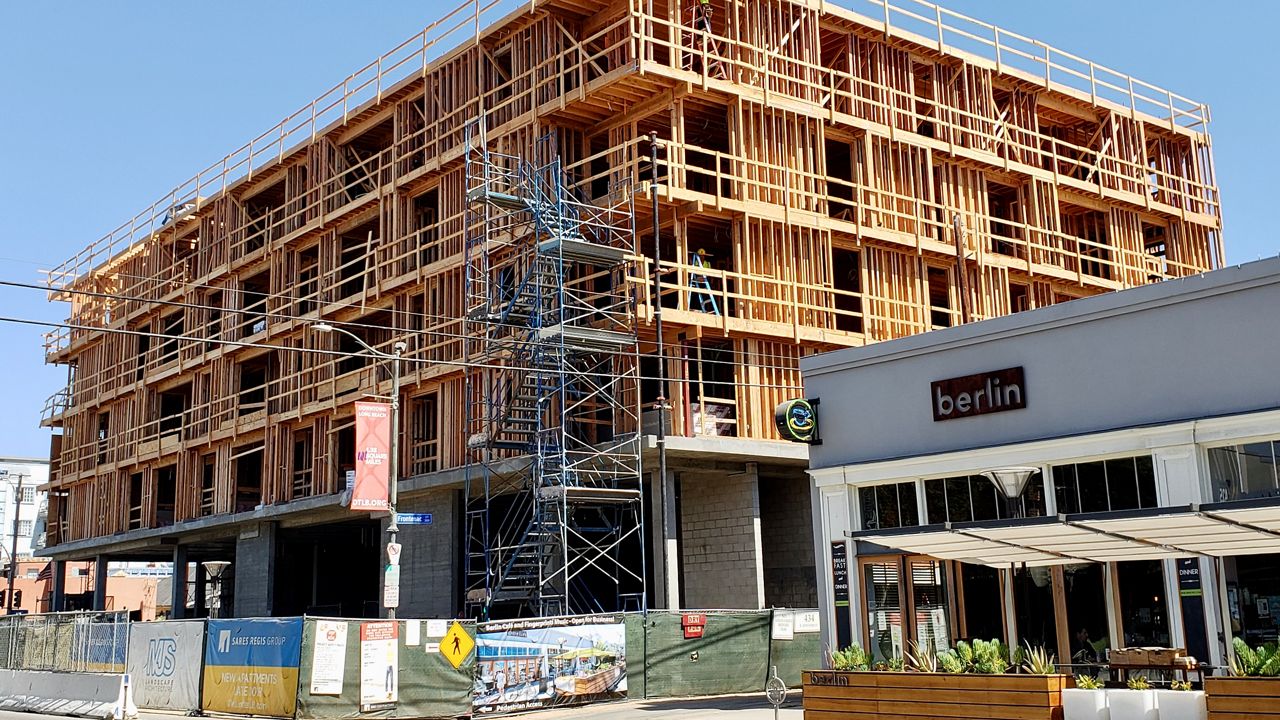TALLAHASSEE, Fla. — Branded as a “comprehensive statewide workforce housing strategy,” the Live Local Act proposes multiple strategies to address Florida’s longstanding struggle to provide enough attainable housing for its growing population, with many Floridians unable to afford to live in the area they work.
Senator Alexis Calatayud (R-Miami) filed Senate Bill 102 on Thursday following a roundtable discussion by Senate President Kathleen Passidomo (R-Naples) for members of the news media in Tallahassee.
The first section of the proposed law forbids rent control under all circumstances.
Currently, Florida statute only allows local governments to enact rent control measures if there is a grave “housing emergency.”
Orange County and St. Petersburg have enacted such measures; however, legal battles have stopped those ordinances from taking effect.
Most recently in Orange County, commissioners voted 5-2 to appeal a court ruling blocking a rent control ordinance that was approved by nearly 60% of voters.
If passed, the bill would also make it easier to add affordable housing units to areas zoned for commercial or mixed-use-development, but not for areas already zoned for residential use.
“Affordable” in this context means serving incomes up to 120% of Area Median Income (AMI), or approximately $94,000 for a family of four, according to a release news media received ahead of Thursday’s briefing.
If a development proposal sets aside at least 40% of its units as affordable housing for at least 30 years, counties will no longer need to require zoning changes before approving the proposal — which is often a lengthy administrative process. However, SB 102 would remove counties’ current ability to bypass state and local laws in order to approve affordable housing in residential areas.
SB 102 also includes a mandate for counties to publish lists of county-owned property that might be suitable for affordable housing. Counties are already required to prepare a list every three years, but there’s no publication requirement.
Other aspects of the proposed law include incentives to develop “missing middle” rental housing for workers, and an invitation for local governments to offer property tax exemptions for property owners who dedicate units for affordable housing at 50% AMI or less. For a family of four, that’s $39,150.










